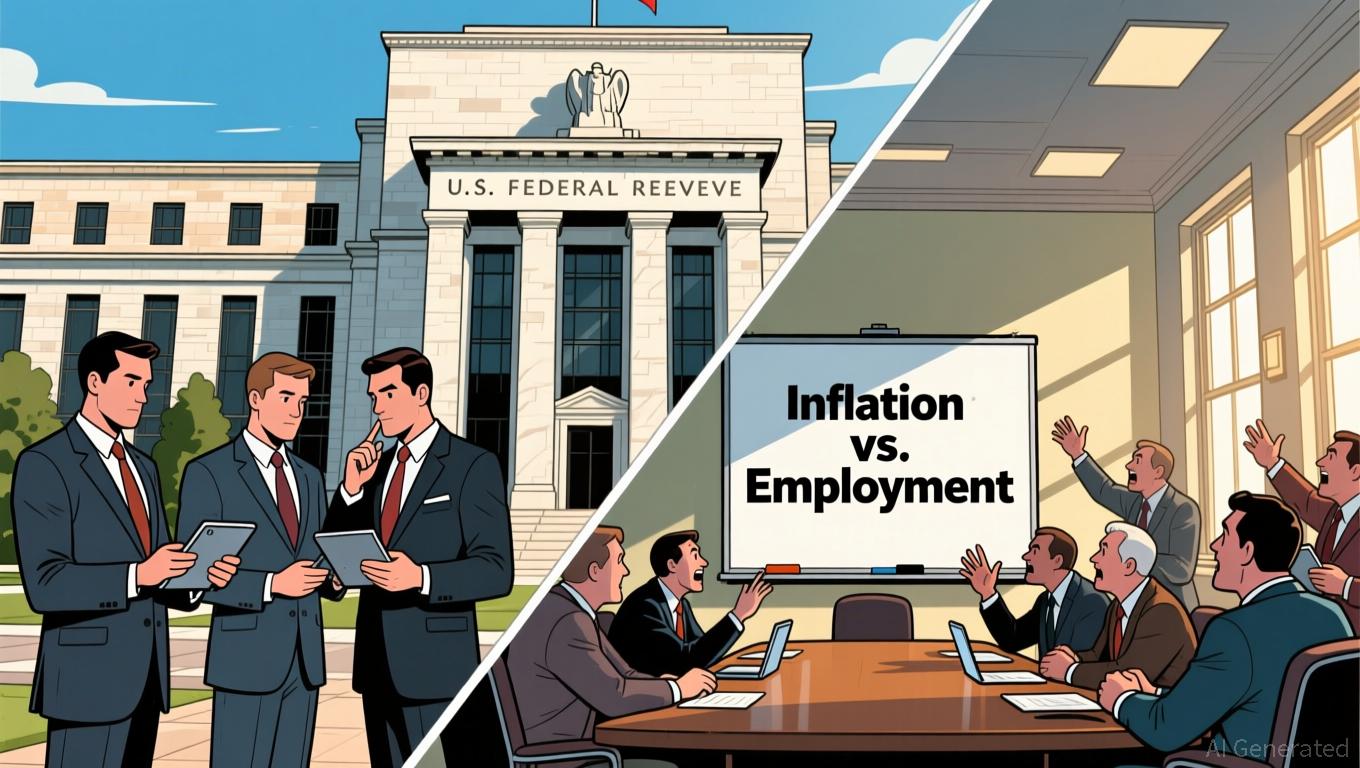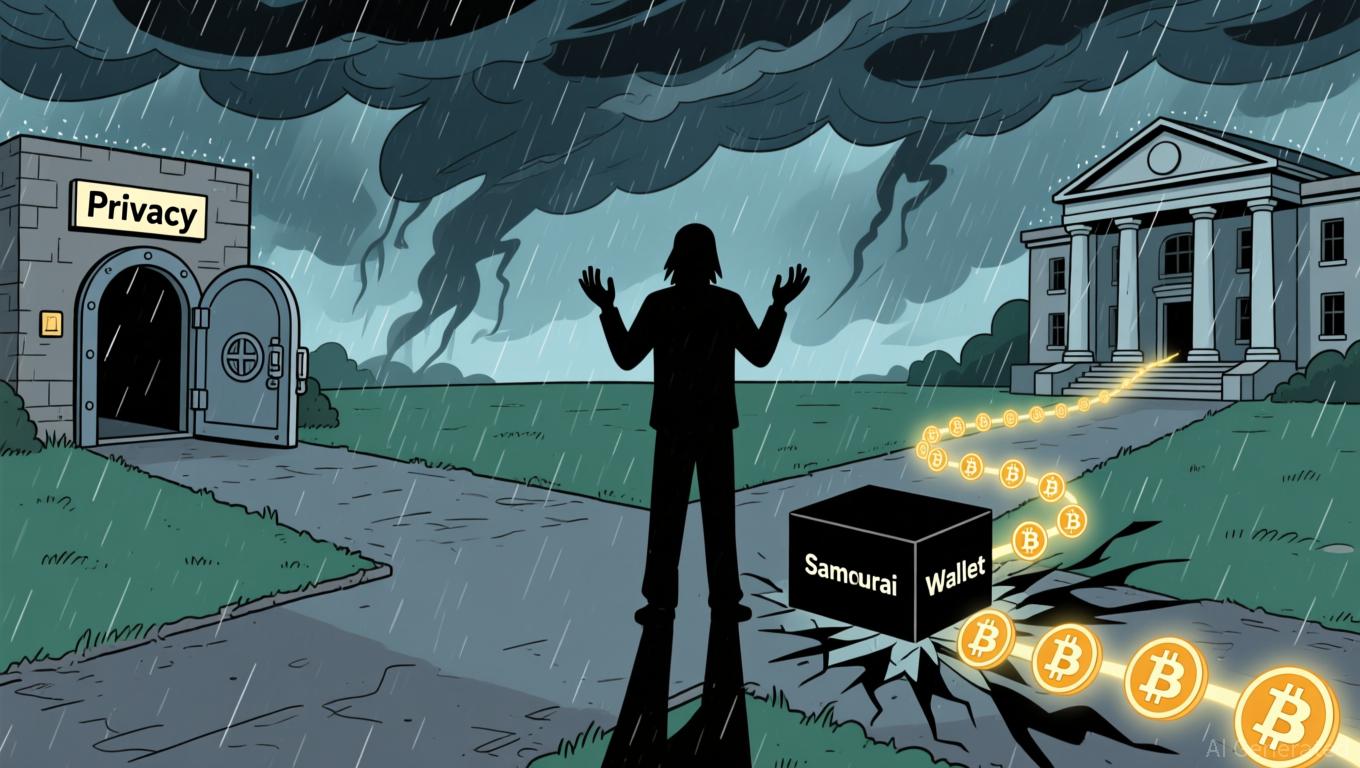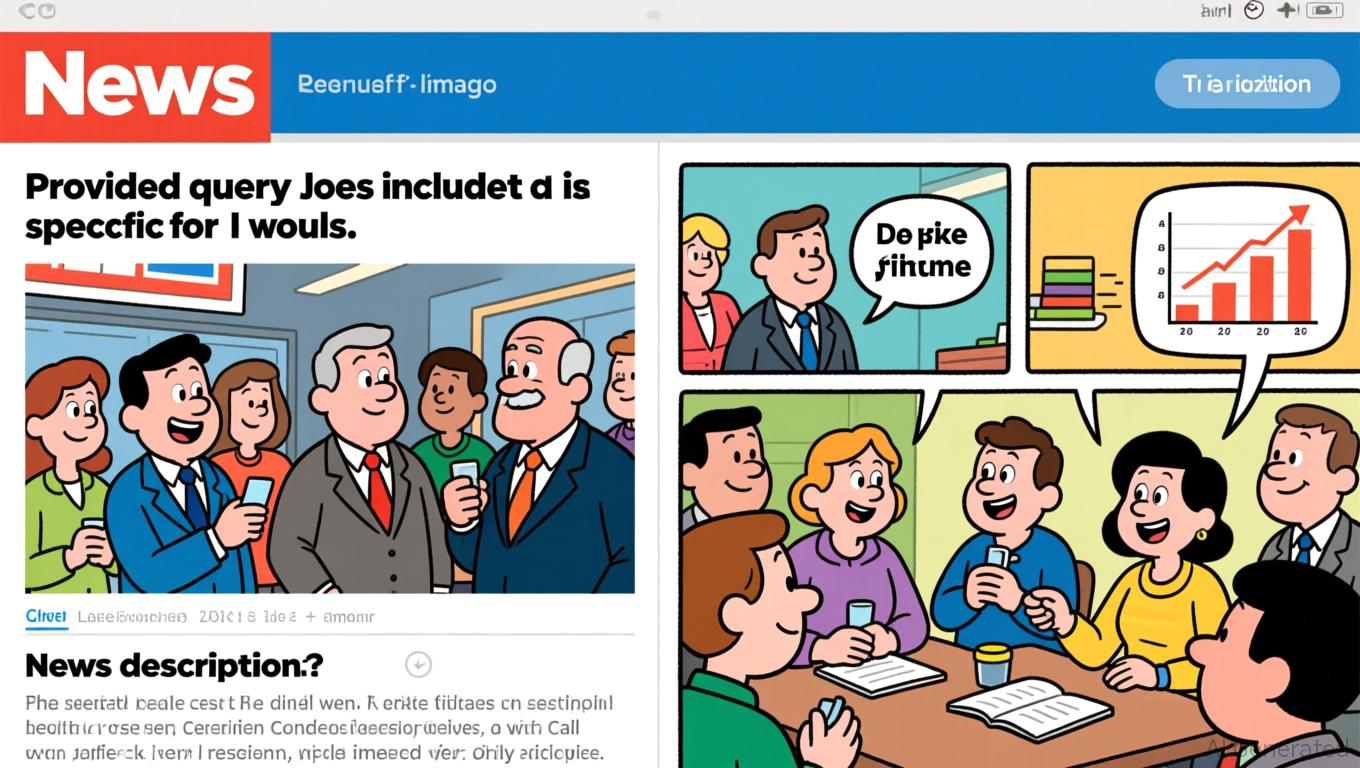Fed Faces a Test of Trust: Managing Divided Rate Views and Ethical Controversies
- Fed's October rate cut revealed 10-2 policy split, balancing inflation risks against labor market weakness amid 2%+ inflation. - Ethics scandal emerged over Kugler's stock trades during blackout periods, triggering IG investigation and accountability concerns. - Political tensions intensified as Kugler's resignation accelerated Trump-aligned Miran's board seat, complicating policy governance. - December meeting faces uncertainty: some advocate 25-basis-point cut for labor support, while others warn again
The Federal Reserve's latest policy discussions have brought to light growing disagreements within the institution regarding the direction of interest rates. The central bank's decision in October to lower rates by 25 basis points exposed sharp contrasts among officials, with some prioritizing inflation risks and others more concerned about a weakening job market. The minutes from the October 28-29 gathering, made public on November 19,
Adding to these difficulties is a blow to confidence in the Fed’s ethical standards, after it emerged that former Governor Adriana Kugler breached the central bank’s trading regulations. Kugler, who stepped down suddenly in August to allow Trump supporter Stephen Miran to join the Board,
The incident has fueled demands for change. Senator Elizabeth Warren, a persistent advocate for greater Fed transparency, renewed her call for bipartisan measures to tighten ethics rules, while Senate Banking Committee Chair Tim Scott stated that the episode "demonstrates that the Fed still lacks the safeguards or culture of responsibility the public expects"
Looking forward, the Fed’s December meeting remains in the spotlight. Some members, such as Governor Christopher Waller, believe another 25-basis-point cut is necessary to shield the labor market from further decline,

As the Fed steers through these complicated circumstances, its reputation faces two major tests: keeping inflation in check and rebuilding public confidence in its ethical practices. With internal rifts exposed and external oversight increasing, the central bank’s upcoming actions will be judged not only for their economic consequences but also for their effectiveness in upholding the institution’s credibility.
Disclaimer: The content of this article solely reflects the author's opinion and does not represent the platform in any capacity. This article is not intended to serve as a reference for making investment decisions.
You may also like
Bitcoin News Update: Bitcoin's Sharp Decline Impacts Tech Stocks as Nasdaq Reflects $1.8 Trillion in Speculative Assets
- Bitcoin drops to $89,259, its lowest since April 2025, as traders brace for Fed rate-cut delays and market volatility. - Nasdaq-100 mirrors crypto slump, down 4% this month, highlighting growing equity-crypto correlation and correction fears. - Analysts warn of fragile investor sentiment, with leveraged crypto proxies like MicroStrategy losing 27% in November alone. - Global markets join decline, as S&P 500 and FTSE 100 hit key technical levels, intensifying scrutiny on Bitcoin's risk-indicator role.

U.S. Authorities Detain Crypto Mixer Creator Amid Crackdown on Money Laundering
- William Hill, co-founder of Samourai Wallet, was sentenced to four years for laundering $237M via crypto mixing services. - The case reflects U.S. enforcement of anti-money laundering laws against unlicensed crypto tools, with $250K fines and $6. 3M forfeitures imposed. - Prosecutors emphasized the "serious consequences" of laundering, contrasting with debates over privacy tools' role in stifling innovation or preventing crime. - The sentencing highlights tensions between crypto innovation and regulation

Incentives Enhance Collective Intelligence: Prediction Markets Surpass Expert Performance
- Prediction markets like Polymarket outperform experts by aggregating real-time bets, accurately forecasting events from politics to corporate strategies. - Platforms see $3B+ trading volume in Q3 2025, with bets on Meta's AI plans and Starbucks' acquisitions reflecting decentralized forecasting trends. - Regulatory challenges emerge as CFTC debates oversight of event contracts, complicating legal status under 1936 Commodity Exchange Act. - Industry projects $95.5B market value by 2035, forcing leaders to

Bitcoin Updates Today: Institutions Access Secure Bitcoin Investments Through New Hampshire’s Risk-Managed Bond
- New Hampshire becomes first U.S. state to approve a $100M Bitcoin-backed municipal bond, using digital assets as collateral for business loans. - The 160% collateralization model with automatic liquidation below 130% ensures taxpayer protection and institutional-grade security via BitGo custody. - Proceeds fund a Bitcoin Economic Development Fund, with Governor Ayotte calling it a "milestone" for innovation without public risk exposure. - The bond's success could inspire nationwide crypto-backed municipa
